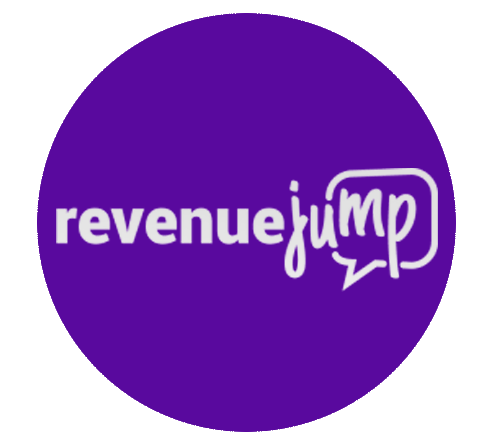Improve Reviews & Ratings
Review management is part of our reputation marketing service offering. It improves online reviews and ratings. It can also be used to remove certain kinds of reviews.
1.800.889.4812





Summary
Overview of Review Improvement
More Stars. Fewer Bad Reviews.
Every review platform has different rules. Our online review management services examine negative reviews to understand whether they can be removed according to Terms of Service violations. This happens more than you might think, and it’s another way our full-service review and ratings management service helps drive business opportunities your way.
Choose: Gated or Non-Gated.
Gated and non-gated review management refers to the difference between whether or not a customer is asked if they liked the service or product before requesting they leave a review somewhere. Gated reviews tend to perform better and allow you to improve customer service before bad reviews are created. However, non-gated review management is preferred by some review platforms.
Any Platform
Most review management services use their systems by default. Reputation X uses the system that works best for you. For example, sometimes data is stored in the wrong country. Other times, there is no choice between gated or non-gated review gathering. We find and set up a system that both complies with your location and gets you the best online ratings possible.
Case Studies, Guides and Articles
Review and Ratings Management FAQ
Here are the most frequent questions and answers about online review and ratings management services.
What is online review management?
Online review management is the process of monitoring and responding to the reviews that customers leave about a business online. Review management strategy involves building a digital public image one online review at a time, and it includes organically creating reviews, monitoring reviews, responding to reviews, and increasing the visibility of positive reviews. This process is key for maintaining a positive brand reputation, boosting search engine performance, and engendering brand trust online.
Review StrategyHow fast do reviews and ratings improve?
Very fast. Improvements often begin a week after setup and almost always continue to improve over the life of the campaign.
Gated vs. non-gated reviews. What’s the difference?
Gated and non-gated review management refer to the difference between whether or not a customer is asked if they liked the service or product before requesting they leave a review somewhere.
Gated / Non-GatedWhat is the difference between managed and unmanaged?
Managed review services mean that we take care of everything. From setup, through AB testing messaging, to reporting and recommendations for improvement.
What does fully managed review management cost?
1-9 locations: $500 per month each / 10-99 locations: $400 per month each / 100+ locations: $225 per month each.
Included in Review Management Campaigns
Campaigns include research, setup, messaging, AB testing, monitoring and reporting of reviews and ratings improvement.
Research
Competitor research of ratings and reviews.
System Setup
Review systems chosen based on your custom requirements.
Message Testing
Testing of messaging for highest conversion rates.
Program Execution
Fully managed review and rating program management.
Monitoring and Reporting
Star-rating monitoring and reporting
Get Your Free Review Management Consultation
Schedule a time to talk with a specialist.
Schedule your free consultation















